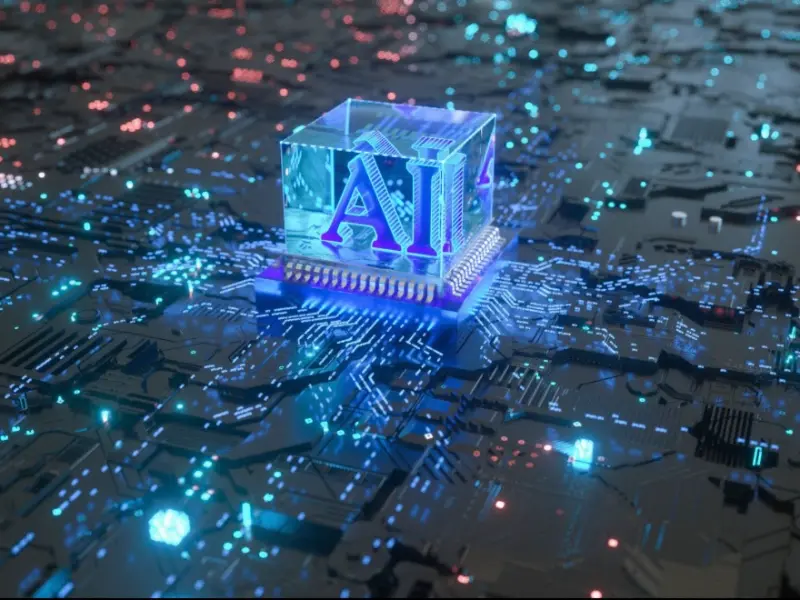- Google’s recent AI initiatives, despite facing errors in AI-generated search results, have boosted market confidence, showing the company’s commitment to maintaining a competitive edge and leading the evolving search industry.
- Google’s recent AI-generated search results, including bizarre suggestions like eating rocks, have sparked debates about the readiness and reliability of AI in providing accurate information.
- The controversy over Google’s AI-generated search errors has reignited debate about the future of the web, with concerns that generative search might undermine the traditional web structure by reducing the need for users to visit multiple sites.
Google’s recent AI initiatives, despite facing criticism for errors in AI-generated search results, have shown resilience and market confidence, as evidenced by a rise in Google’s stock. The company seems to be making bold moves in AI not solely for user benefits but to maintain its competitive edge against rivals like Bing, which holds a small share of the search market despite AI enhancements. Google’s persistence in AI development, even amidst high-profile missteps, underscores its recognition that search is evolving and its commitment to remain a leader in the industry.
1. Google’s AI overviews tell people to eat rocks
Google’s recent AI-generated search results have caused quite a stir, highlighting some significant errors in the AI’s recommendations. In a surprising instance, Google’s AI suggested users eat one small rock a day and use non-toxic glue on pizza to improve its tackiness. These bizarre and erroneous results have prompted discussions about the readiness and reliability of AI-generated search responses. Google’s shift towards generative search, where AI directly provides answers rather than directing users to other sites, has placed the company in a position of greater accountability for the information it presents.
Also read: Google’s AI overview product faces criticism over unusual responses
2. Google’s history of messy AI launches
Google’s track record with AI product launches has been far from smooth, often marred by high-profile mistakes and public backlash. The recent AI-generated search errors are just the latest in a series of missteps, including the infamous launch of its AI chatbot, Bard, which cost the company billions in stock value due to inaccurate information. Despite these setbacks, Google continues to push forward with its AI initiatives, reflecting its commitment to leading the industry through innovation.
3. OpenAI’s super-alignment team in chaos
OpenAI’s internal turmoil has come to light with the disbandment of its super-alignment team, a group dedicated to ensuring AI safety and alignment with human values. The resignation of key team members, such as Jan Leike, underscores deep disagreements with the company’s leadership over priorities and resource allocation. These departures have sparked concerns about OpenAI’s commitment to AI safety, especially as the team members highlighted the need for greater focus on security, monitoring, and adversarial robustness.
Also read: Google is using AI to answer search queries
4. OpenAI’s NDA practices
OpenAI has recently come under scrutiny for its stringent non-disclosure agreements (NDAs) that extend indefinitely, raising significant ethical and practical concerns. These NDAs prevent former employees from ever speaking negatively about their experiences or the company’s internal operations. This perpetual gag order has particularly come to light following the disbandment of OpenAI’s super-alignment team, which was responsible for ensuring AI safety and alignment with human values.
5. Is there immediate AI safety risk or did the team leave because there isn’t?
The recent resignations from OpenAI’s super-alignment team have led to speculation about the underlying reasons for their departure. One perspective is that the team saw significant safety risks with OpenAI’s AI models and felt their concerns were not being adequately addressed. Alternatively, some argue that the departures might indicate that AI technology is not as advanced or dangerous as feared, leading to frustration among those focused on safety. Notable AI experts, like Yann LeCun, have suggested that concerns about AI’s immediate risks are overblown, comparing them to early exaggerated fears about aviation safety before the technology had fully developed.

